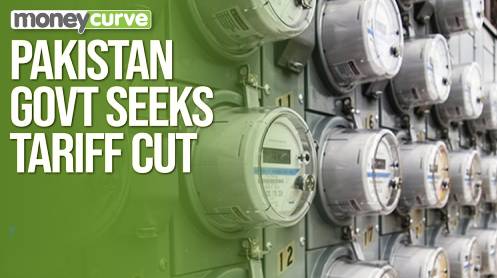The new windfall tax on profits of oil and gas companies in the UK is expected to cost the medium-sized North Sea-focused companies a total of $3.3 billion through 2025, according to investment bank Jefferies.
Following months of rumors and indecision, the UK government announced last week a 25% Energy Profits Levy, commonly referred to as a “windfall tax”, as part of a package to ease the cost-of-living crisis stemming from huge rises in household energy bills.
The move has long been opposed by the industry, which argued that a windfall tax would add uncertainty to the UK tax regime and hit new investments in the UK North Sea at a time when the UK grapples with reducing reliance on foreign imports of oil and gas.
Harbour Energy, Serica Energy, and EnQuest—all listed UK oil and gas producers—will see $3.3 billion going to the energy profit levy by 2025, when the tax is set to expire, analysts at Jefferies say, as carried by Bloomberg.
However, the analysts kept their “buy” ratings on the companies, expecting the high oil and gas prices to still help them generate higher profits this year.
The windfall tax legislation also contains a so-called investment allowance, under which operators developing new fields or improving existing facilities could claim huge additional reliefs against the new tax, Wood Mackenzie said.
“The move is unlikely to render new or existing projects uneconomic and it could even accelerate ‘ready to go’ developments, such as Rosebank and Cambo. Moving those forward to a final investment decision has been incentivized,” said Neivan Boroujerdi, Research Director, North Sea upstream, at WoodMac.
The high profits from the high prices and the diversification of most operators will limit the impact of the windfall tax, Fitch Ratings said earlier this week. Ithaca Energy will be the most affected as all its operations are in the North Sea, Harbour Energy is most affected among the medium-sized companies, while the “impact of the levy on oil and gas majors will be minimal due to their highly diversified operations, income streams coming from various sectors other than oil and gas extraction and strong credit metrics,” Fitch said.
The majors have already voiced concerns over the new tax.
BP said it would review plans for $22.7 billion (18 billion pounds) in investments in the UK energy system—investments that include low-carbon projects as well. Shell said, “in its current form the levy creates uncertainty about the investment climate for North Sea oil and gas for the coming years.”





